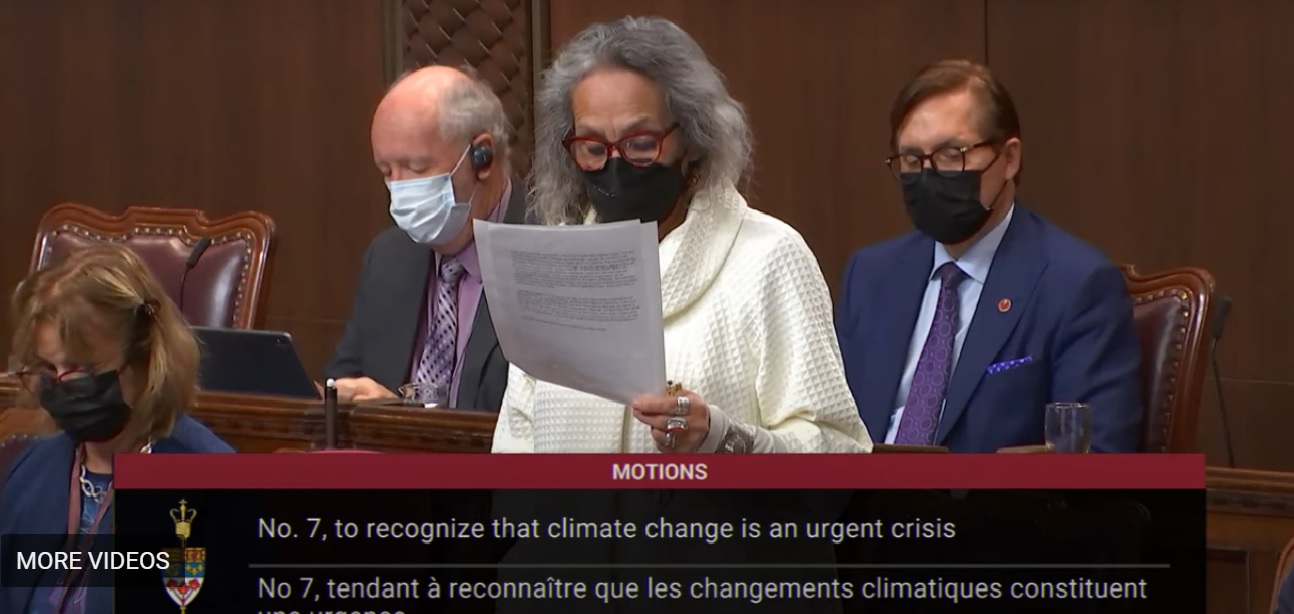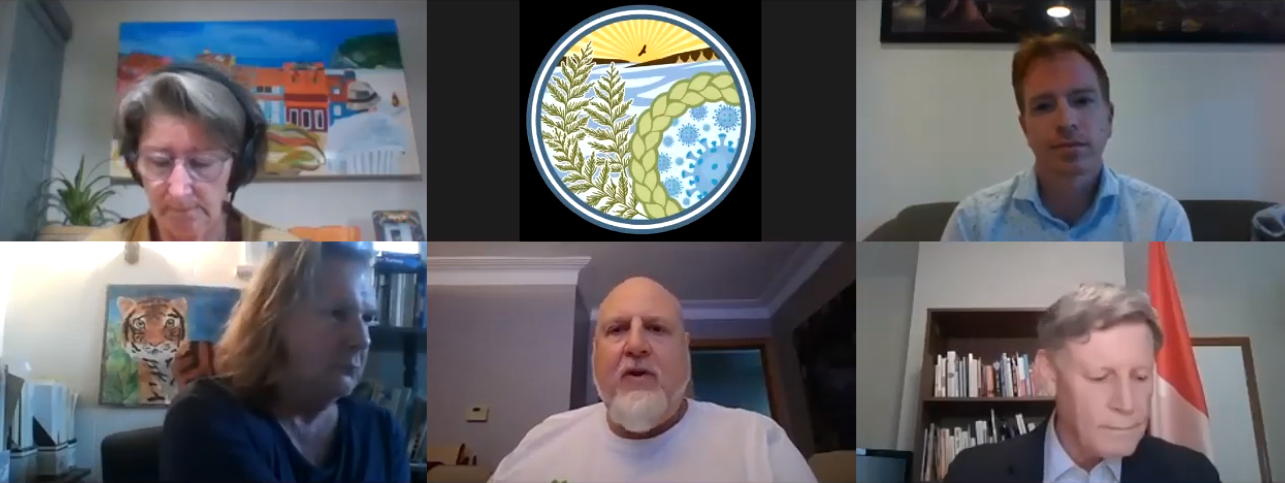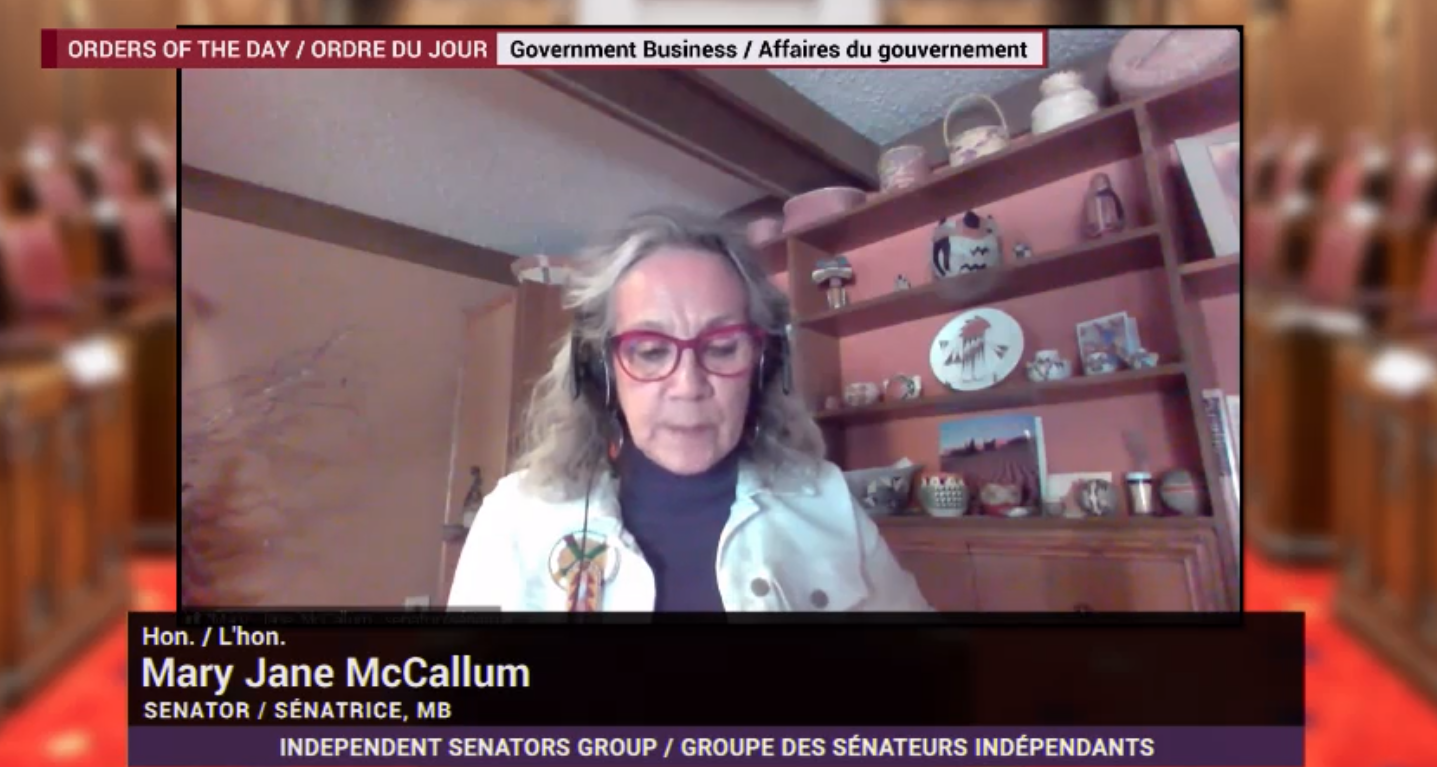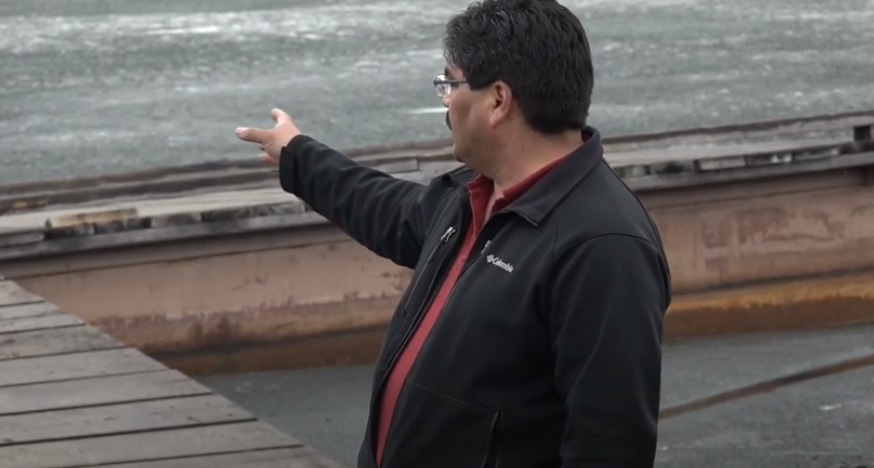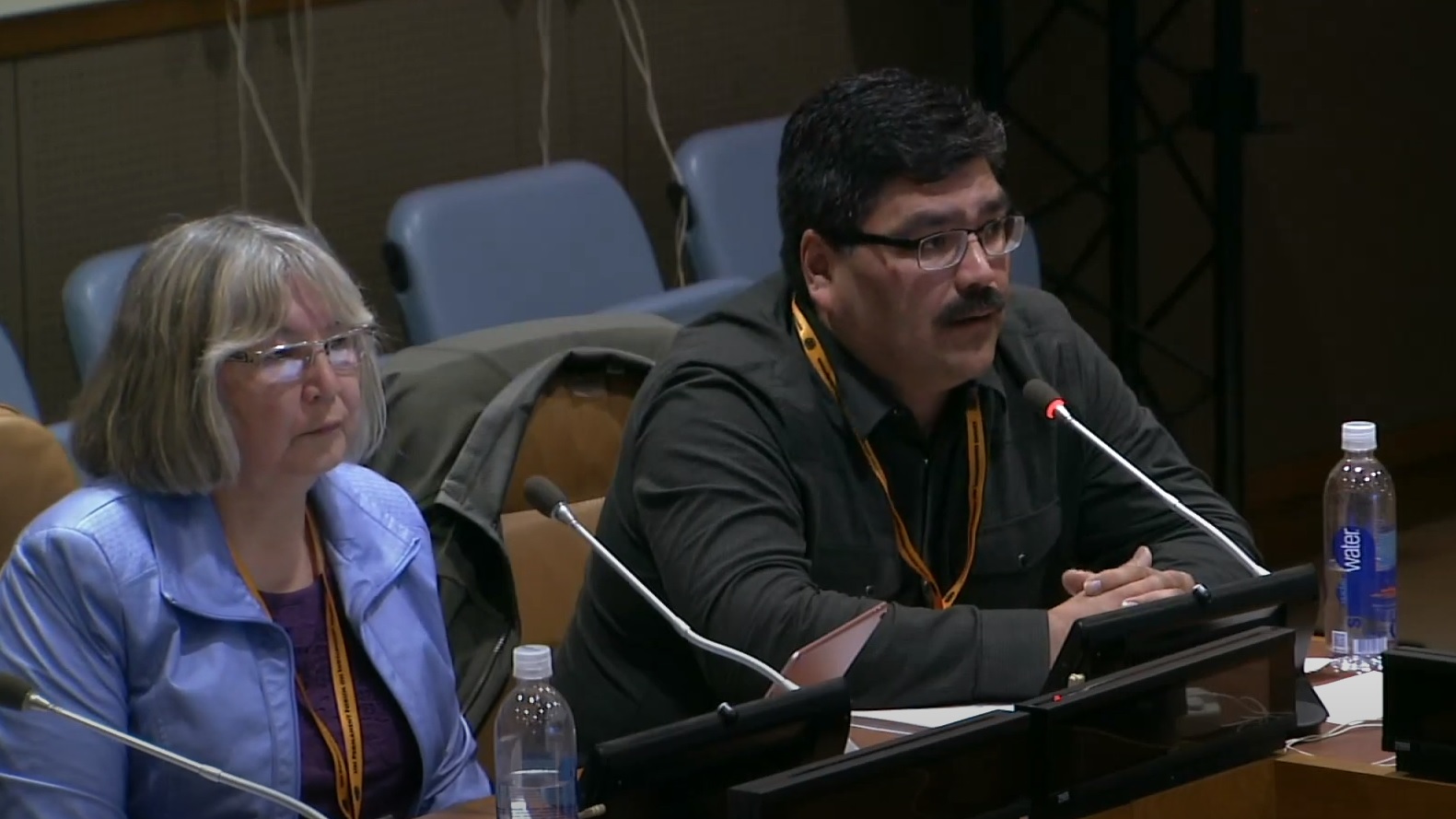On this page, video resources can be found to further understanding of the implications of hydropower on people and the environment.
In Our Backyard: Keeyask and the Legacy of Hydroelectric Development
Editors Aimée Craft and Jill Blakley celebrate the launch of In Our Backyard: Keeyask and the Legacy of Hydroelectric Development (University of Manitoba Press). This event features a presentation from Robert Spence, elected councillor of the Tataskweyak Cree Nation.
Beginning with the Grand Rapids Dam in the 1960s, hydroelectric development has dramatically altered the social, political, and physical landscape of northern Manitoba. In Our Backyard tells the story of Manitoba Hydro’s Keeyask dam and accompanying development on the Nelson River, amplifying Indigenous voices that environmental assessment and regulatory processes have often failed to incorporate.
Films on Hydro impacts
On December 14, 2021, Senator Mary Jane McCallum delivered this speech on behalf of the Wa Ni Ska Tan Alliance of Hydro-Impacted Communities.
On Sept. 8, 2021, Wa Ni Ska Tan and the MB Eco-Network co-hosted (with others) a virtual, all-candidates debate where local federal election candidates from the Winnipeg South riding debated issues of environmental concern. Lynne Fernandez was the moderator. This event was a part of GreenPAC’s 100 Debates on the Environment initiative.
Accepted Invitation:
Greg Boettcher – Green Party
Aiden Kahanovitch – New Democratic Party
Terry Duguid – Liberal Party
Declined to Attend:
Melanie Maher – Conservative Party
Invited to Attend:
Byron Gryba – People’s Party
On June 29th 2021, Sen. Dr. McCallum read a speech at the senate chambers written by Dr. Jarvis Brownlie at University of Manitoba and multiple affected community members asking the government to review cumulative impacts of renewable energy projects (especially hydro), make hydro projects accountable for under reporting green house gas emissions and ask Hydro companies to form independent oversight bodies with strong Indigenous representation for hydro projects and operations.
This short film looks into the decisions that lead to the unnatural water fluctuations and continuous flooding of South Indian Lake in northern Manitoba. This footage was shot prior to the issuance of a final license for the Churchill River Diversion.
The Cree people of Manitoba, Canada, have been affected for decades by the environmental and economic devastation caused by hydroelectric dams, generating stations, and the manipulation of water levels in their lakes and rivers. Their treaties have been violated and both compensation and consultation have been drastically inadequate. This side event addressed on April 29, 2019 at the United Nations Headquarters in New York highlighted the ongoing damage to Indigenous communities, economies, and cultures from hydroelectric operations in their territories.
Additional Films
This film explores the Athabasca Oil Sands from a marginalized and often silenced perspective: Communities that live downstream. It is is a collaborative community effort featuring interviews with local Cree, Dene and Métis members from Fort Chipewyan. It gets to the heart of their concerns for their families, traditional ways and territories as the Oil Sands encroach closer and closer.
KEWEKAPAWETAN: RETURN AFTER THE FLOOD
In this documentary directed by Jennifer Dysart, a Cree community in northern Manitoba returns to their original village site that they were forced to abandon due to the purposeful flooding of their lake.
FOR LOVE OF A RIVER: TWO STORIES OF LOSS AND LONGING
When the water goes up behind the $8.7-billion Keeyask Dam in northern Manitoba, one family will lose more than any other. This short documentary, filmed by Brad Leitch, combines their story with the story of Ellen Cook who grew up in the shadow of another dam and imagines a future beyond concrete.
In Green Green Water, Dawn Mikkelson digs deep to discover the true costs of the source of her green energy. Mikkelson uncovers the displacement, environmental damage and social unrest caused by hydroelectric energy suppliers.

